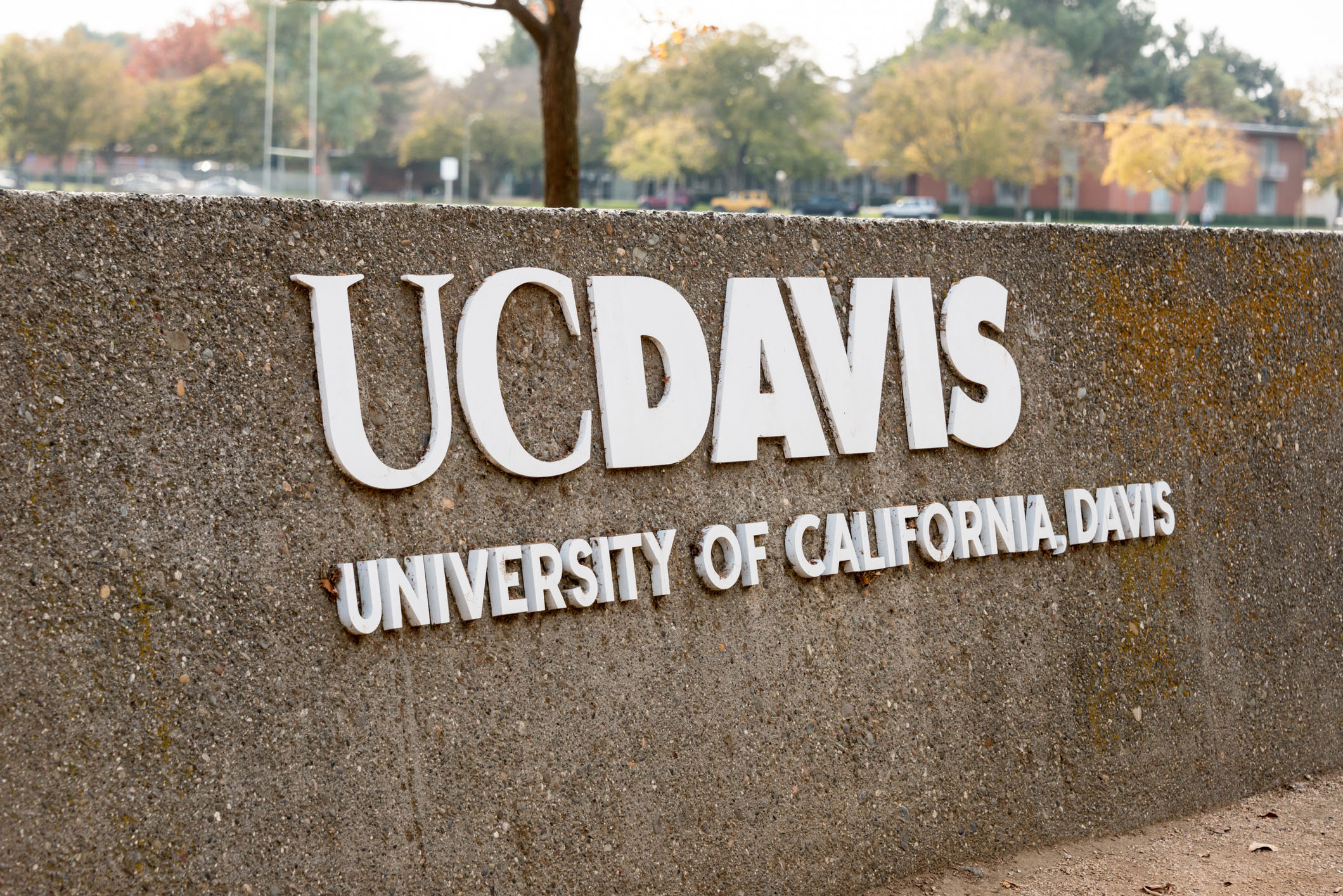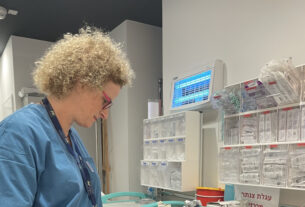Recently, the Law Student Association (LSA) at UC Davis passed a resolution endorsing the Boycott, Divestment, Sanctions (BDS) movement. The goal was to prevent LSA funding for companies listed by the BDS National Committee; a flyer announced that there would be “NO FUNDING IF YOUR EVENT HAS THE FOLLOWING” and proceeded to list several major companies like McDonald’s, Burger King, Coca-Cola, Starbucks and Wix.

The week of March 17, UC Davis administrators informed LSA leaders that implementing the resolution would violate university policies. They warned of possible direct intervention, including taking control of the LSA’s finances or enforcing corrective actions. LSA did not retract its stance. On March 24, UC Davis School of Law Dean Jessica Berg announced that UC Davis had unrecognized LSA, and the school had taken over the group’s $40,000 in funding.
If LSA had enacted their pro-BDS policy, it would have potentially conflicted with California’s AB 2844, which prohibits economic discrimination targeting individuals or businesses based on national origin—in this case, Israelis.
The resolution stated “the people of Palestine have had their lives, livelihoods, and autonomy systematically targeted and dismantled by the settler-colonial state of Israel for over 75 years of ongoing occupation… This illegal occupation constitutes apartheid as defined by the International Convention on the Suppression and Punishment of the Crime of Apartheid.”
Sarah* (not her real name), a second-year law school student, said that the LSA, in its attempt to implement the BDS resolution, has “no interest in representing Jewish and Israeli students. It is an intimidation tactic that shuts down dialogue. In law school, we are taught that no issue has one correct answer. Rather, we must engage with all perspectives to come to the most just conclusion. Targeting people from one ethnicity, religion, or national origin and shutting down engagement with institutions of one country is blatant discrimination. No other protected group has been singled out by LSA this way.”
The 10-page resolution went on to state that, “The illegal blockade of Gaza is a systematic infringement upon freedom and dignity and a grave example of the settler state’s physical entrapment, with over 2 million Palestinians subjected to collective punishment since 2007” and “Palestinian liberation requires an end to the Israeli occupation and the right to return for all Palestinians.”
Previously, on October 24, 2023, just a few weeks after the October 7 massacre of Israelis by Hamas, the LSA board released a statement that condemned the “genocide of Palestinians, uplifting basic needs and human rights, and upholding international law against apartheid and occupation.”
Sarah, who started law school at UC Davis less than two months before October 7, said, “My entire law school experience has been shrouded in antisemitism because of it. I find it difficult to connect with my peers because upon mentioning that I’m Jewish, I’m met immediately with questions about my stances on the Israeli-Palestinian conflict.”
According to Sarah, the anti-Israel protests on campus have called for the destruction of the Jewish state, and people chanted that the October 7 massacre was an act of “justified resistance.”
“Classmates of mine have made callous social media posts stating that Jews are lying about the extent of October 7, including the hostages’ treatment,” she said. “I have been made to feel that if I talk about the two hostages whom I know – including my friend who was executed by Hamas in an underground tunnel – then I am a bigot redirecting focus from Palestinians’ pain. Jewish and Israeli students are generally silenced and intimidated by our peers and educators.”
UC Davis has had its fair share of issues with antisemitism on campus since October 7. As an assistant professor who worked there encouraged people to dox “Zionist journalists” and said, “they can fear their bosses, but they should fear us more” after claiming they had “houses w[ith] addresses, kids in school.” Students for Justice in Palestine (SJP) held an event where a student read a poem that stated, “May Israel’s demise be so glorious and so complete.” The U.S. Department of Education’s Office for Civil Rights opened a Title VI investigation into the school in December of 2023.
Recently, after a Students for Justice in Palestine protest at UC Davis, Chancellor Gary S. May wrote on March 21, “I want to state as strongly as possible that we will not tolerate hatred against any individual or group, or any activities directed at any individual or group in ways that violate UC policy… No one should ever fear coming to campus to learn or work. No student, faculty, or staff member should make any other Aggie feel unwelcome.”
Sarah said she feels, “somewhat supported by the administration. The law school has historically taken a passive stance, relaying counseling services resources for students struggling to cope in the wake of ‘world events.’ I don’t feel like that’s sufficient enough.”
In light of the dismissal of LSA, however, Sarah said, “I was comforted by Chancellor May’s decision to suspend LSA and recommend that the law school take over the funding allocation function of LSA. This decision shows that UC Davis as a whole will not tolerate discrimination.”




